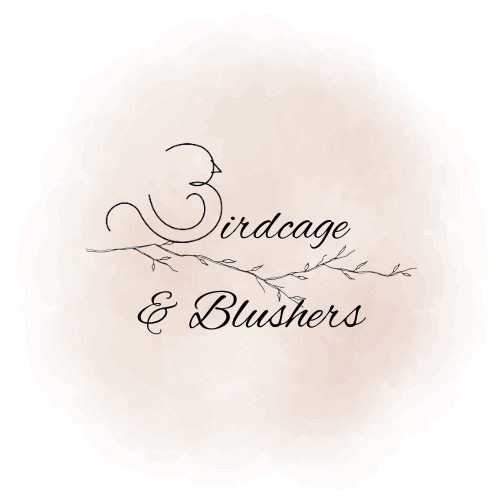Quick Guide To Wedding Budgeting
When you get engaged the excitement is running HIGH and it’s natural to want to jump right into wedding planning. One of the most important things to do, and what you SHOULD do before anything else is sit down with your partner to determine your wedding budget. You may ask yourself, “Do I really need a budget?” The answer is yes! And if you don't, it very well may come back to bite you in the butt later. Every wedding is different, and everyone’s got their “number”. Knowing what that dollar amount is will make the planning process easier and help you be strategic as you make key decisions. Below are a few tips on how to navigate budgeting for your big day:
Establish a budget
Consider how you’re going to pay for it. Do you have savings? Will you be saving up over time? Are you getting outside assistance from family? Two things that you should take into consideration:
Number of guests - your guest count impacts so many areas of your wedding i.e. food and beverage costs, rentals (think tables, chairs, linen), table decor, the amount of stationary you’ll need, even your venue. If you have a larger guest count, expect larger venues to cost a bit more.
Your wedding location - the average cost of a wedding varies depending on where your wedding is taking place. Are you getting married in a major city? Expect wedding costs to be higher in metro cities compared to the suburbs (don’t assume a wedding in the ‘burbs will “cheap”).
Make sure your budget is comprehensive
You’ll want to make sure all of the areas of your wedding are accounted for to ensure your wedding is as realistic as possible. Here are the main categories you should be sure to include in your budget
Venue
Tenting, HVAC, and Restrooms (if your wedding is outdoors)
Food and Beverage
Planning/Coordination
Photo and Video
Floral and Decor
DJ and Entertainment
Stationery and Signage
Attire and Accessories
Hair and Makeup
Accommodations
Transportation
Prioritize Your Categories
Decide which areas of your wedding are the most important to you. Do you really want to go all out on hair and makeup? Do you want to impress your guests with a high-end dining experience? Any high “priority wedding” should be budgeted higher. You may find that you may have to allocate more money to certain areas of your budget so having those categories prioritized will make for easier decision making as well.
Stay organized
It always helps to have a visual aide to keep you on track with where you're at with your budget. You can also find an excel template for a wedding budget sheet. Whatever is easier for you, this will definitely be a useful planning tool that you should keep up to date and use often. Here are some suggested tools and resources:
Stick to your budget
As you start booking vendors, and looking at all the things you'll need, stick to your budget! Its ok if your actual cost per category is a few bucks over. However, be cautions of going over budget more than a few dollars, because those “overages” can add up quickly across categories. Make sure you’re tracking as you’re spending to make sure you’re staying in budget overall.
Beware of your sources
It’s natural to do your research to find wedding budgeting resources. Look to the PROFESSIONALS. The best way to get realistic budget expectations is to look at vendors in those categories or hire a wedding planner that can help you. Everyone wedding is different and you want to make sure you’re setting expectations based on YOUR wedding (beware of those wedding planning Facebook groups)!
Ready to get started on your wedding planning? Birdcage and Blushers Weddings can guide you through establishing and managing a budget that works for your vision and your reality. We’ll help you make strategic decisions and ensure that your budget is realistic and aligned with your goals.
Reach out today to chat and let’s create a wedding plan that’s as thoughtful and intentional as your love story!
